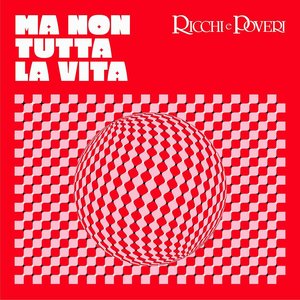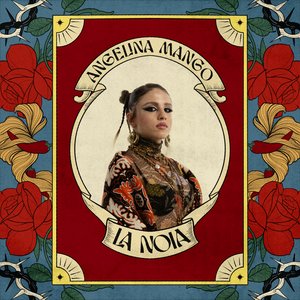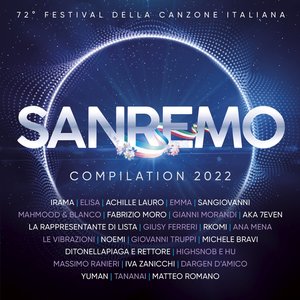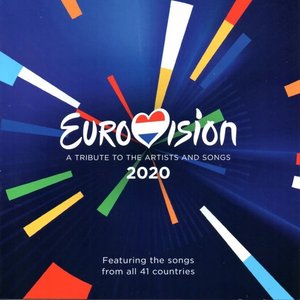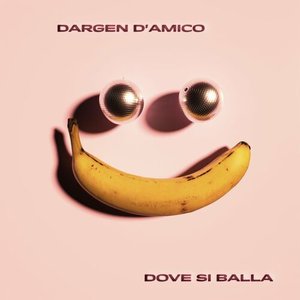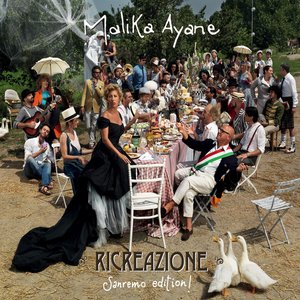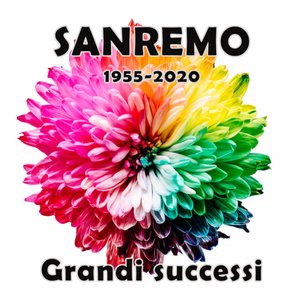Wiki
-
Length
2:48
"Pazza" by Loredana Bertè is a song that explores the concept of self-acceptance and the journey of embracing one's own flaws and eccentricities. The lyrics delve into the emotional struggles and self-awareness of the narrator, acknowledging their own "crazy" nature while challenging societal expectations of normalcy.
The song's chorus, "Io sono pazza di me, di me" (I am crazy about myself, about me), emphasizes the central theme of self-love and self-empowerment. It conveys the idea that the narrator has reached a point where they no longer depend on the validation or forgiveness of others. By embracing their own madness, they assert their independence and ability to navigate life on their own terms.
In the verses, the narrator refers to themselves as the girl who easily gets angry ("Sono sempre la ragazza che per poco già s'incazza") and acknowledges the difficulties of loving them ("Amarmi non è facile"). This expresses a sense of self-awareness, recognizing their own complexities and acknowledging the challenges that come with accepting and loving them as they are.
There are references to pain and fireworks in the lyrics, symbolizing the emotional intensity the narrator experiences. Spraying toothpaste from a tube ("Col cuore ti ho spremuto come un dentifricio"; "With my heart I squeezed you like toothpaste") signifies the pressure they put on someone to receive their love, with the subsequent fireworks representing the explosive and passionate emotions they generate.
The line "Io cammino nella giungla con gli stivaletti a punta e ballo sulle vipere" (I walk in the jungle with pointed boots and dance on vipers) illustrates the narrator's fearlessness and willingness to embrace dangerous or unconventional situations. They do not let guilt or conscience hinder their self-expression and self-acceptance.
In the bridge, the narrator apologizes for hurting someone, acknowledging that they may not be considered "normal" by societal standards. However, the use of "forse" (maybe) suggests a degree of uncertainty, as if questioning whether their perceived madness is truly abnormal or simply a unique aspect of their identity.
Overall, "Pazza" encourages listeners to embrace their authentic selves, freeing them from the expectations and judgments of others. It promotes self-acceptance, self-love, and the notion that one's eccentricities can be a source of strength and empowerment. The song's significance lies in its message of celebrating individuality and finding happiness within oneself, even in a world that may label such uniqueness as madness.
Track descriptions on Last.fm are editable by everyone. Feel free to contribute!
All user-contributed text on this page is available under the Creative Commons Attribution-ShareAlike License; additional terms may apply.

